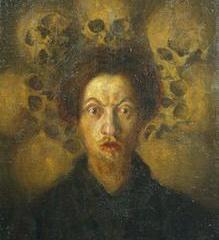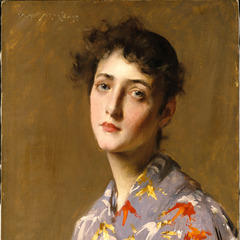Leonardo da Vinci Quotes - Page 11

Leonardo da Vinci (1938). “The Notebooks of Leonardo Da Vinci, Complete”, p.1190, Library of Alexandria
If you call painting dumb poetry, the painter may call poetry blind painting.
Leonardo Da Vinci, General Press (2016). “The Notebooks of Leonardo Da Vinci”, p.226, GENERAL PRESS
Leonardo da Vinci (1938). “The Notebooks of Leonardo Da Vinci, Complete”, p.1146, Library of Alexandria
Leonardo Da Vinci (2013). “Leonardo's Notebooks: Writing and Art of the Great Master”, p.516, Hachette UK
Leonardo da Vinci (2014). “Delphi Complete Works of Leonardo da Vinci (Illustrated)”, p.965, Delphi Classics
Leonardo da Vinci (2008). “Notebooks”, p.106, OUP Oxford
Leonardo da Vinci (2008). “Notebooks”, p.262, OUP Oxford
We might say that the earth has the spirit of growth; that its flesh is the soil.
Leonardo Da Vinci, General Press (2016). “The Notebooks of Leonardo Da Vinci”, p.395, GENERAL PRESS
The painter will produce pictures of little merit if he takes the works of others as his standard.
Leonardo (da Vinci), Edward McCurdy (1939). “The notebooks of Leonardo da Vinci”
Leonardo da Vinci (2014). “Delphi Complete Works of Leonardo da Vinci (Illustrated)”, p.1152, Delphi Classics
Leonardo (da Vinci) (1998). “Leonardo Da Vinci: 1452-1519”, Konemann
Fire destroys falsehood, that is sophistry, and restores truth, driving out darkness.
Leonardo Da Vinci, General Press (2016). “The Notebooks of Leonardo Da Vinci”, p.250, GENERAL PRESS
The senses are of the earth, the reason stands apart from them in contemplation.
Leonardo (da Vinci), Edward McCurdy (1939). “The notebooks of Leonardo da Vinci”
Leonardo Da Vinci (2015). “Thoughts on Art and Life: "Behind the Genius"”, p.20, eKitap Projesi
Leonardo Da Vinci (2015). “Thoughts on Art and Life: "Behind the Genius"”, p.19, eKitap Projesi
The earth is moved from its position by the weight of a tiny bird resting upon it.
Leonardo Da Vinci (1938). “The Notebooks of Leonardo Da Vinci”
Nature is full of infinite causes that have never occurred in experience.
Leonardo da Vinci (2008). “Notebooks”, p.8, OUP Oxford






